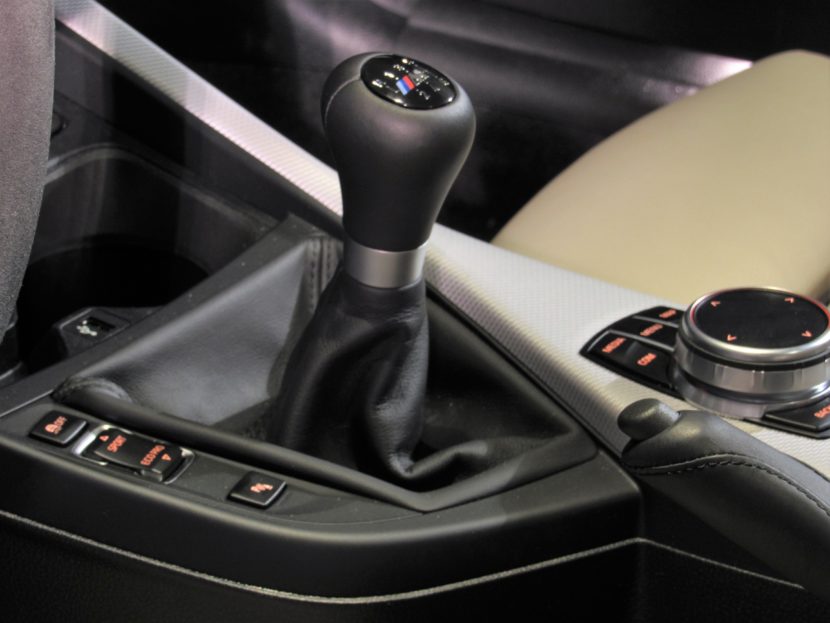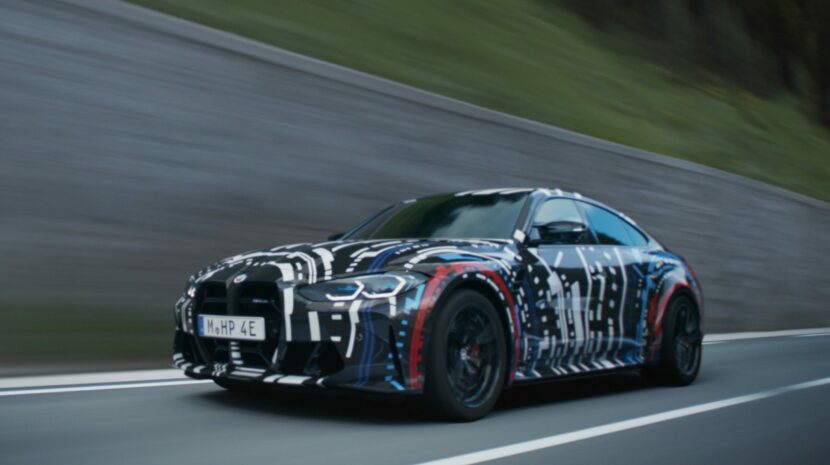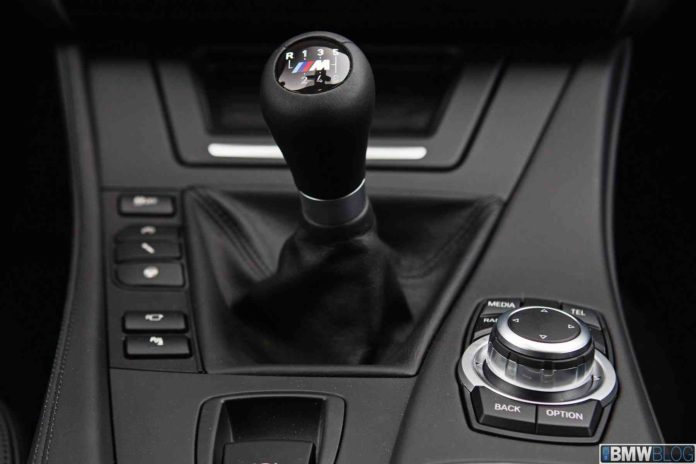Despite BMW remaining tight-lipped about the future of the BMW M3 with a combustion engine, sources indicate that the next-generation model is officially in the works. After some uncertainty, the project recently received approval, marking a significant change in BMW’s strategy. Originally, the automaker intended to launch only an all-electric M3, but shifting trends in the automotive landscape prompted BMW to reconsider its approach. The upcoming M3, known as the G84, is still in the early phases of development and will be built on the next-generation G50 3 Series platform.
The Six-Speed Manual Might Be Gone

One major change enthusiasts can expect is the likely discontinuation of the six-speed manual transmission. This decision comes as no surprise, given the dwindling popularity of manual gearboxes globally over the past decade. While the U.S. market continues to support manuals, the take rate remains much lower in other regions, particularly in Europe. For instance, the G87 M2 boasts about 50 percent of its sales with a manual transmission in the U.S., but this figure drops significantly in European markets.
Additionally, the increasing prevalence of all-wheel-drive systems in BMW M models, particularly the M xDrive, has made it harder to pair them with manual transmissions. The added torque from these higher-output engines presents limitations for the six-speed manual. While it’s technically possible to modify the gearboxes to accommodate more torque, the cost associated with such changes would be substantial.
Two M3s: ICE and EV


BMW’s upcoming M3 G84 will reportedly launch alongside the first-ever electric M3, which bears the chassis code ZA0. However, the electric model isn’t expected to debut until after 2027. As for the new G84 M3, it is anticipated to feature a 3.0-liter six-cylinder engine, though it’s still unclear whether it will be powered by the B58 or the higher-performance S58 engine. The expected arrival of the G84 M3 will likely be late 2027 or early 2028, aligning with BMW’s plan to continue producing the current G80/G82 M3/M4 until spring 2027.
The decision to retain an internal combustion engine version of the M3 alongside its electric counterpart appears to be a sound strategy, especially as the electric vehicle market begins to cool off. Several automakers have recently revised their timelines for transitioning to fully electric lineups, and governments, such as the UK, have delayed the ban on new ICE vehicles until 2035. This shift gives BMW and other manufacturers more flexibility to adjust to evolving regulations and consumer demand.
Offering both electric and combustion-engine versions of the M3 allows BMW to cater to a broader range of customers. Fans of electric performance vehicles can look forward to the innovation of an electric M3, while traditionalists can continue to enjoy the visceral experience of a combustion-powered sports sedan, complete with the engine note and driving dynamics they love.

